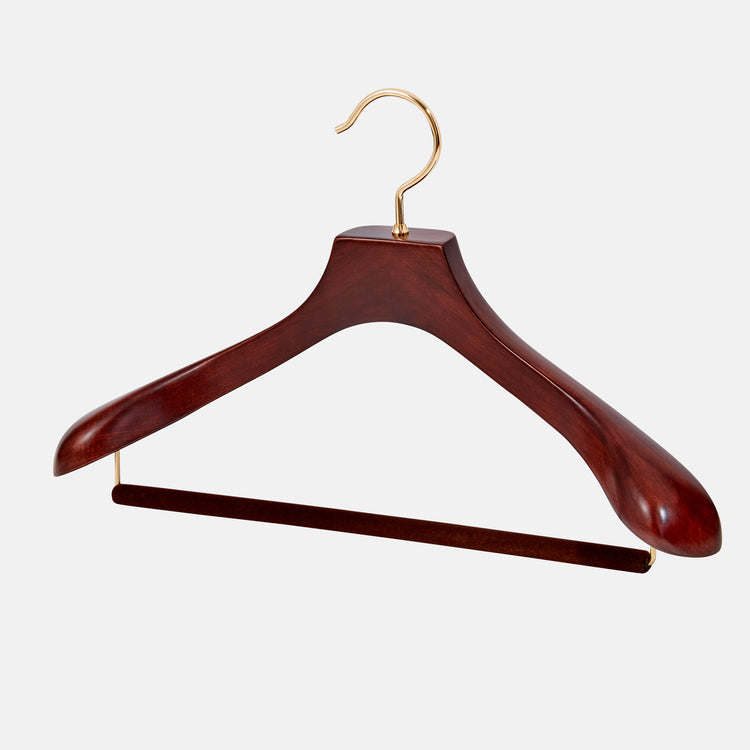globetrotter
Stylish Dinosaur
- Joined
- Sep 28, 2004
- Messages
- 20,341
- Reaction score
- 423
I think there are two very different things
The conCept of sprezz I see as a real conciept myself, I just find the whole thing very artificial
On the other hand, I think that for a line manager or somebody who faces customers tonbentoo much of peacock is a problem. I think for a staff manager, or an academic, or an advisor that mighTmbe something different but if yiu're job involves projecting a certain prof retinal image you need to look. Like dressing isn't somethjimg that takes up too much of your thoughts
The conCept of sprezz I see as a real conciept myself, I just find the whole thing very artificial
On the other hand, I think that for a line manager or somebody who faces customers tonbentoo much of peacock is a problem. I think for a staff manager, or an academic, or an advisor that mighTmbe something different but if yiu're job involves projecting a certain prof retinal image you need to look. Like dressing isn't somethjimg that takes up too much of your thoughts

